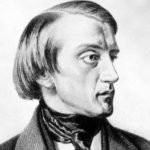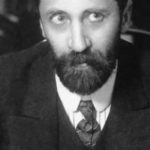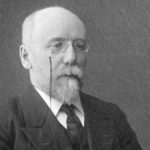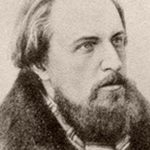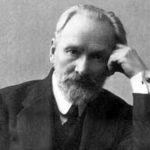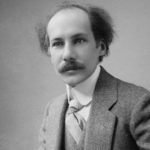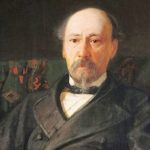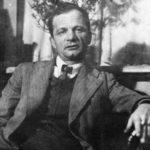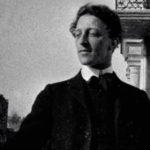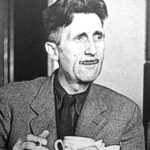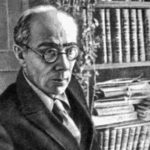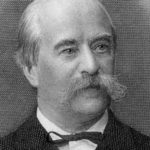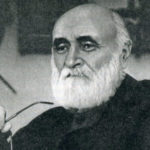Interesting facts about Fyodor Dostoevsky
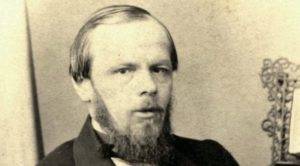 Fyodor Dostoevsky, who left behind a weighty literary legacy, did not encounter an equally warm reception in his lifetime. There was everything in his life – both the reader’s misunderstanding, the conflict with the authorities, the reference to hard labor, and much more. But even in it there was creativity, true friends, perseverance and unshakable strength of spirit.
Fyodor Dostoevsky, who left behind a weighty literary legacy, did not encounter an equally warm reception in his lifetime. There was everything in his life – both the reader’s misunderstanding, the conflict with the authorities, the reference to hard labor, and much more. But even in it there was creativity, true friends, perseverance and unshakable strength of spirit.
Despite the revolutionary views, the writer was negative about the people who seized power after the 1917 coup d’état. The novel “Demons” is an allusion to revolutionaries, for which Lenin Dostoevsky disliked.
For giving publicity to the letters of the literary critic Belinsky, in which he spoke negatively about the Soviet power, Dostoevsky was sentenced to death, but the sentence was replaced with hard labor.
Emperor Nicholas I reduced the term of the prison to a writer from 8 to 4 years, but after the punishment he ordered him to go to the army with the rank of private.
Fyodor Dostoevsky’s brother was also a writer. He even founded his own literary magazine.
Contemporaries condemned Dostoevsky for his promiscuous personal life and regular visits to the priestesses of love.
Like Nekrasov, Dostoevsky was a very passionate person, especially when it came to playing cards.
From the military service, the writer was fired for health reasons. From that moment on, he devoted himself entirely to literature.
Dostoevsky’s brother died with a huge amount of debt. Fedor Mikhailovich had to pay them for almost the entire life.
The writer was known for his extreme impressionability and even a predisposition for fainting.
Turgenev called Dostoevsky “the Russian marquis de Sade”.
Dostoevsky’s way of life was transformed when he met a girl whom he eventually married. She was 25 years younger than him, and she became his second wife.
Once, Dostoevsky was so mired in debt that he even laid his own coat on the moneylenders.
The famous novel “The Player” was written by Dostoevsky in 26 days. This urgency was due to the fact that the writer had to urgently return the work in order not to violate the terms of the contract.
The famous philosopher Nietzsche called Dostoevsky a magnificent psychologist and a connoisseur of human souls.
After Dostoevsky’s death, his second wife devoted her life to popularizing his work.
The writer was distinguished by excessive jealousy, and even developed for his wife a set of rules that she had to strictly follow.
Dostoevsky, despite the turbulent past, never cheated on his wife.
